The Power of Positive Thinking: Transforming Your Life and Mental Well-being
In a world often filled with stress, challenges, and uncertainty, maintaining a positive mindset can be a powerful tool for personal growth and well-being. The concept of positive thinking has gained widespread recognition for its potential to transform our lives and mental states. In this blog post, we will delve into the essence of positive thinking, explore its numerous benefits, discuss practical techniques for cultivating a positive mindset, and provide guidance on how to apply it productively in your daily life.
What Is Positive
Thinking?
Positive thinking
is more than just a catchy phrase; it's a philosophy that shapes your outlook
on life. At its core, positive thinking is the practice of focusing on the
bright side of situations and maintaining an optimistic attitude even when
faced with challenges. It's about shifting your perspective from "I
can't" to "I can," and from "problems" to
"opportunities."
Positive thinking
is not the same as naive optimism. It acknowledges difficulties but chooses to
approach them with a constructive mindset. It's about finding solutions rather
than dwelling on problems.
In psychology and positive psychology, a subfield dedicated to the study of human well-being and positive emotions, positive thinking is often associated with concepts like optimism, resilience, and positive psychology interventions.
For a simplified academic-style definition, positive thinking refers to a cognitive and emotional orientation characterized by the habitual tendency to interpret experiences and events in a favorable and constructive manner.
It encompasses
an optimistic outlook on life, the expectation of positive outcomes, and the
belief in one's ability to effectively cope with difficulties and setbacks.
Positive thinking is a central construct in the field of positive psychology
and is associated with improved psychological well-being, enhanced resilience,
and greater overall life satisfaction.
The Benefits of
Positive Thinking
Improved Stress
Management: Positive
thinkers are better equipped to handle stress. They view stressors as temporary
challenges and believe in their ability to overcome them. This reduces the
harmful effects of chronic stress on their physical and mental health.
Enhanced
Resilience: Positivity
builds emotional resilience. It helps individuals bounce back from setbacks,
failures, and disappointments more quickly. Instead of dwelling on failures,
they see them as learning opportunities.
Better Physical
Health: Research has shown
that positive thinkers tend to have better physical health. Optimism has been
linked to a reduced risk of heart disease and cardiovascular events. They are
more likely to engage in healthy behaviors like regular exercise, a balanced
diet, and getting adequate sleep. This can lead to lower risks of chronic
illnesses.
Stronger
Relationships: Positivity
fosters better interpersonal relationships. Optimistic individuals are
generally more pleasant to be around, and their positive energy can be
contagious. They tend to be more empathetic, understanding, and approachable,
which can lead to stronger connections with others. They also have the ability to
attract and maintain healthier, more fulfilling relationships.
Increased
Motivation and Productivity:
Positive thinkers are driven by a sense of purpose and a belief in their
ability to achieve their goals. This motivation translates into higher
productivity and greater success in various aspects of life.
Pain Management: Some studies indicate that positive
thinking can help individuals manage pain more effectively. It may not
eliminate pain entirely, but it can reduce the perception of pain and improve
overall well-being.
Longevity: Some studies suggest that positive thinking
may contribute to a longer lifespan. A positive mindset is associated with
healthier lifestyle choices and reduced stress, which can impact overall
longevity.
Higher Life
Satisfaction: Research
consistently shows that individuals who maintain a positive mindset report
higher levels of life satisfaction and overall happiness. They tend to find
more joy and meaning in their lives.
Techniques for Cultivating Positive Thinking
The good news is
that positive thinking is a skill that can be developed. Here are some
practical strategies and techniques to help you cultivate a positive mindset:
Affirmations:
Create positive affirmations or statements about yourself and repeat them
regularly. For example, "I am capable and resilient" or "I
attract positivity into my life." These affirmations can counteract
negative self-talk.
Gratitude Journaling: Keep a gratitude journal and write down three things you're grateful for every day. This simple practice shifts your focus to the positive aspects of your life.
Visualization Exercises: Visualize your goals and dreams as if they've already come true. This can boost your confidence and motivation to pursue them.
Set Realistic Goals: While maintaining a positive outlook, set realistic and achievable goals for yourself. Break larger goals into smaller, manageable steps to maintain a sense of progress and accomplishment.
Celebrate Small Wins: Acknowledge and celebrate your achievements, no matter how small they may seem. Celebrating even minor successes can boost your confidence and reinforce positive thinking.
Surround Yourself with Positivity: Spend time with people who uplift and support you. Avoid toxic relationships and environments that drain your energy. Place positive quotes, affirmations, or images in prominent places where you'll see them daily, such as your workspace or bathroom mirror.
Limit Exposure to
Negative Media: Be mindful of the content you consume, including news and
social media. Limit exposure to negative news stories and engage with uplifting
or informative content instead.
Mindfulness and
Meditation: These practices can help you stay present, reduce stress, and
promote a positive outlook by training your mind to focus on the here and now.
Engage in Hobbies and Activities You Enjoy: Pursuing activities that bring you joy and fulfillment can boost your overall happiness and positive outlook on life.
Engage in Acts of
Kindness: Acts of kindness, such as helping others or volunteering, can foster
positive emotions and a sense of fulfillment. These experiences contribute to a
positive mindset.
Practice
Forgiveness: Forgive yourself and others for past mistakes or grievances.
Holding onto resentment or guilt can hinder positive thinking.
Overcoming
challenges is an essential aspect of maintaining a positive mindset. Here are
some strategies for overcoming common challenges to positive thinking:
Negativity Bias
Awareness: Recognize that our brains have a natural tendency to focus on negative
information due to a phenomenon known as the negativity bias. Be mindful of
this bias and consciously seek out positive experiences and thoughts to balance
your perspective.
Challenge Negative Thoughts: When you catch yourself thinking negatively, challenge those thoughts with evidence-based reasoning. Ask yourself if there is a more optimistic and realistic way to interpret the situation.
Practice Self-Compassion: Treat yourself with kindness and understanding, especially when you make mistakes or face difficulties. Self-compassion can help you bounce back from setbacks and maintain a positive self-image.
Limit Exposure to Negativity: Minimize exposure to negative environments, toxic relationships, or situations that consistently bring you down. Surround yourself with positivity and supportive people whenever possible.
Constructive
Problem-Solving: Approach problems and challenges with a solution-oriented
mindset. Instead of dwelling on the issue itself, focus on finding practical
steps and solutions to address it.
Embrace Failure as
a Learning Opportunity: See failures as opportunities for growth and learning
rather than as personal flaws. Every setback can provide valuable insights and
resilience-building experiences.
Develop Emotional Resilience: Practice emotional resilience by acknowledging your emotions, processing them, and then moving forward. Avoid suppressing or denying negative emotions, as this can hinder your progress.
Set Realistic Expectations: Maintain realistic expectations of yourself and others. Understand that life includes ups and downs, and setbacks are a normal part of the journey.
Seek Social Support: Share your challenges and thoughts with friends, family members, or a therapist. Talking about your difficulties can provide emotional support and different perspectives.
Stress Reduction:
Engage in mindfulness practices and stress reduction techniques to manage
stress and stay grounded during challenging times. Mindfulness can help you
avoid overreacting to negative situations.
Maintain a Balanced Perspective: When facing a challenge, try to see the bigger picture and consider how it fits into your overall life journey. This broader perspective can reduce the impact of setbacks on your overall well-being.
Stay Flexible: Be
open to adapting and adjusting your plans when necessary. A flexible mindset
allows you to pivot in response to unexpected challenges.
Cultivate Optimism:
Continuously work on cultivating and reinforcing your optimism. Surround
yourself with positive role models and seek out inspirational stories that
demonstrate the power of positive thinking.
By implementing these strategies, you can effectively overcome common challenges that may hinder your positive thinking. Remember that overcoming challenges is a continuous process, and with practice, you can become more resilient and maintain a positive outlook even in the face of adversity.
Learning and
Applying Positive Thinking Productively
Incorporating
positive thinking into your daily life is a journey. To make the most of it,
consider these tips:
Engage in Goal-Setting: While positivity can be transformative, it's essential to set achievable goals. Break them down into smaller steps and celebrate your progress.
Maintain a Growth Mindset: Embrace challenges as opportunities for growth. Believe in your ability to adapt and learn from every situation.
Apply Positive Thinking Consciously. Understand that building a positive mindset takes time and effort. Keep in mind all the positive thinking techniques to help you grow. Be patient with yourself and embrace the gradual progress you make.
Conclusion
Positive thinking
is not a magical solution to all of life's problems, but it is a potent tool
that can significantly improve your life and mental well-being. By adopting a
positive mindset, you can better manage stress, increase your resilience,
nurture healthier relationships, and achieve your goals.
As you embark on
this journey of positive thinking, remember that it's a practice that requires
patience and commitment. The benefits are well worth the effort. Start by
incorporating some of the techniques mentioned here into your daily routine,
and over time, you'll notice a positive transformation in your life.



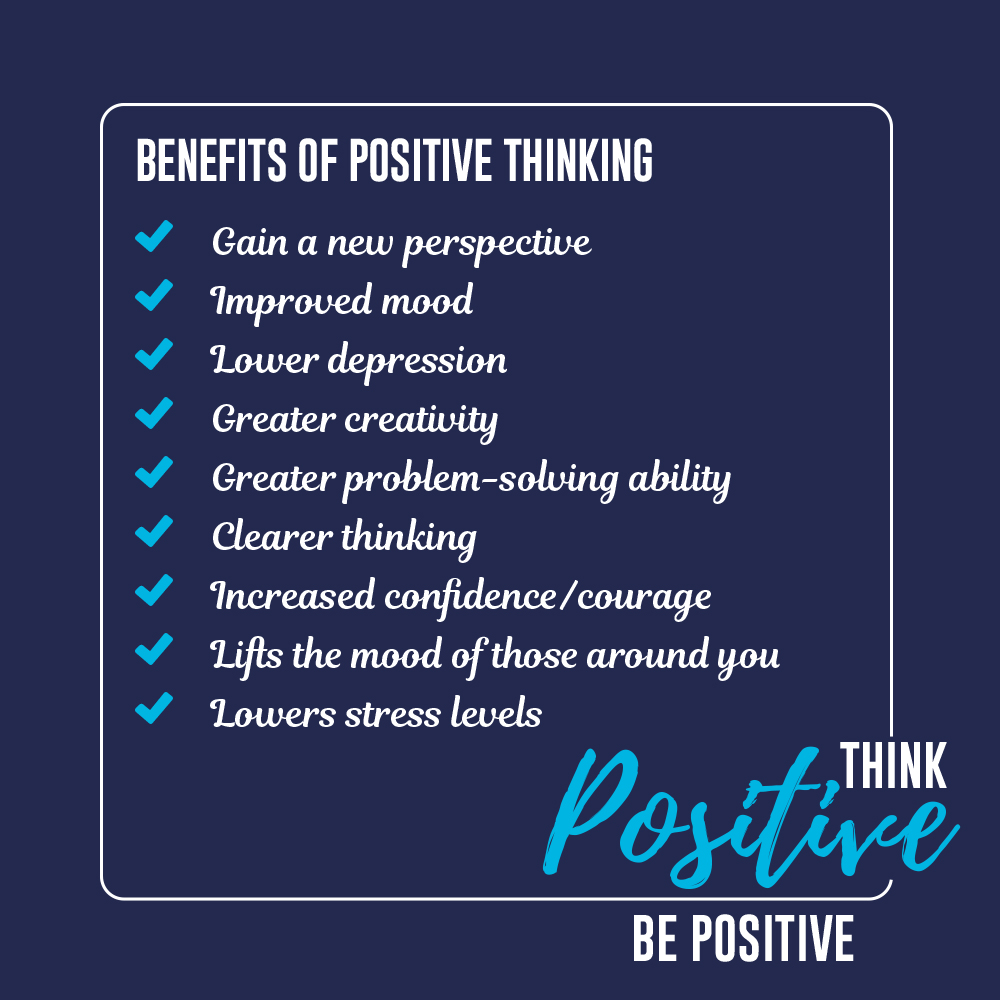


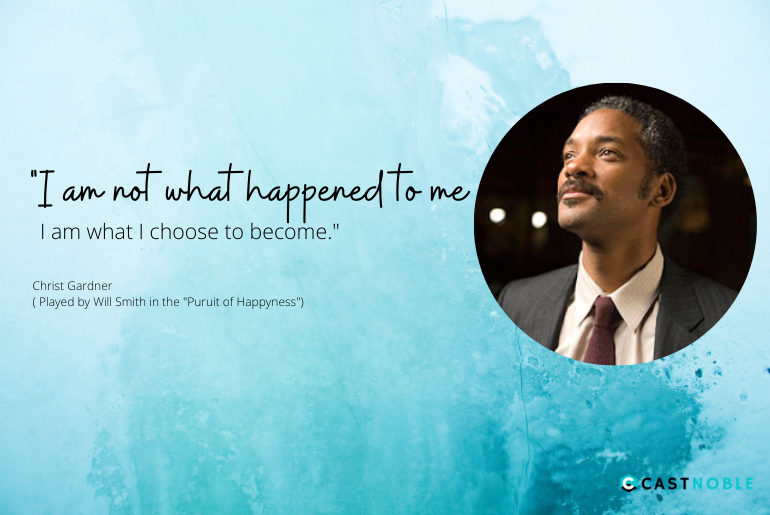
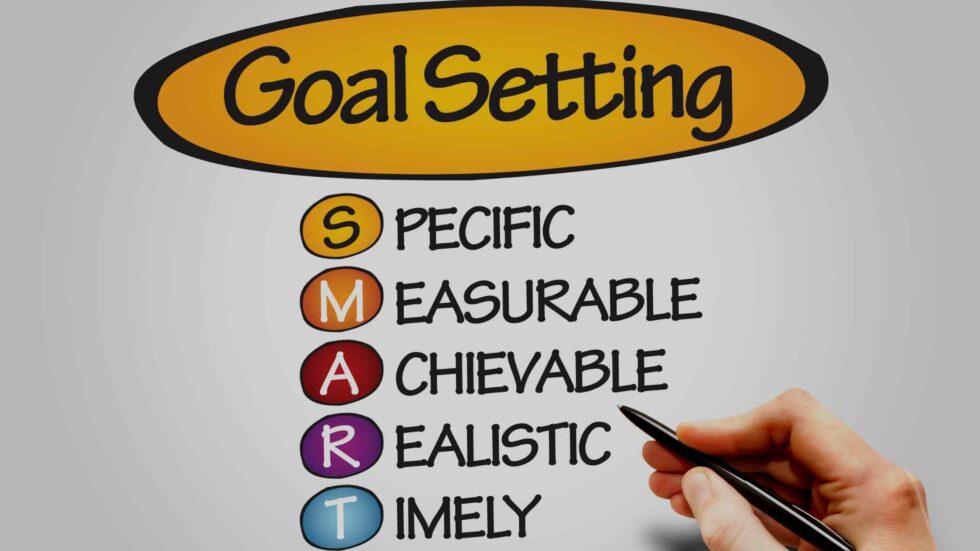






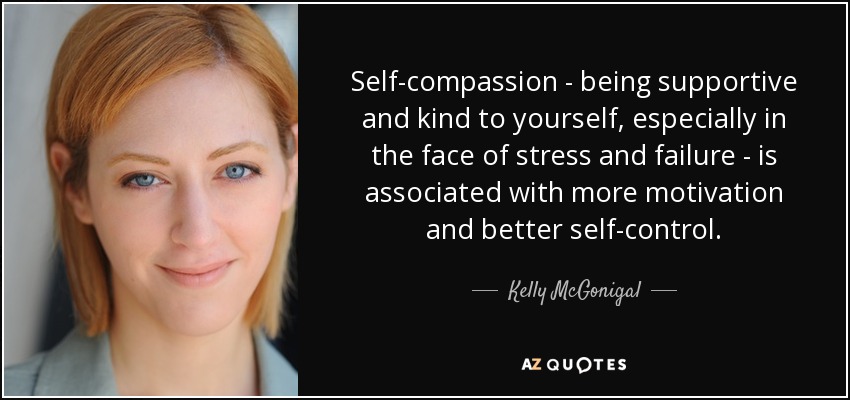






.jpg)
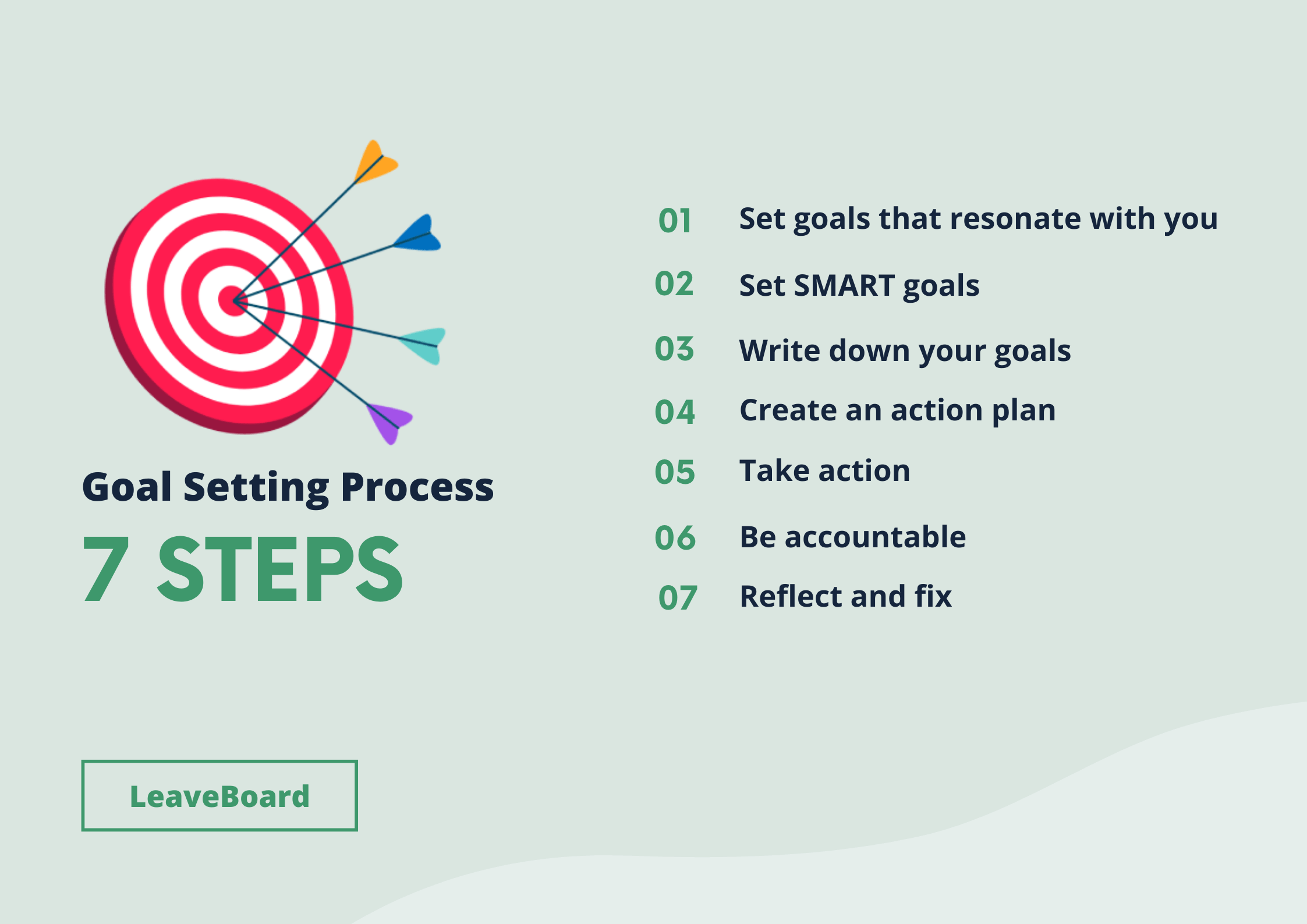



Comments
Post a Comment